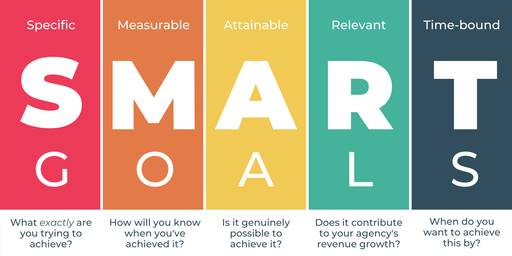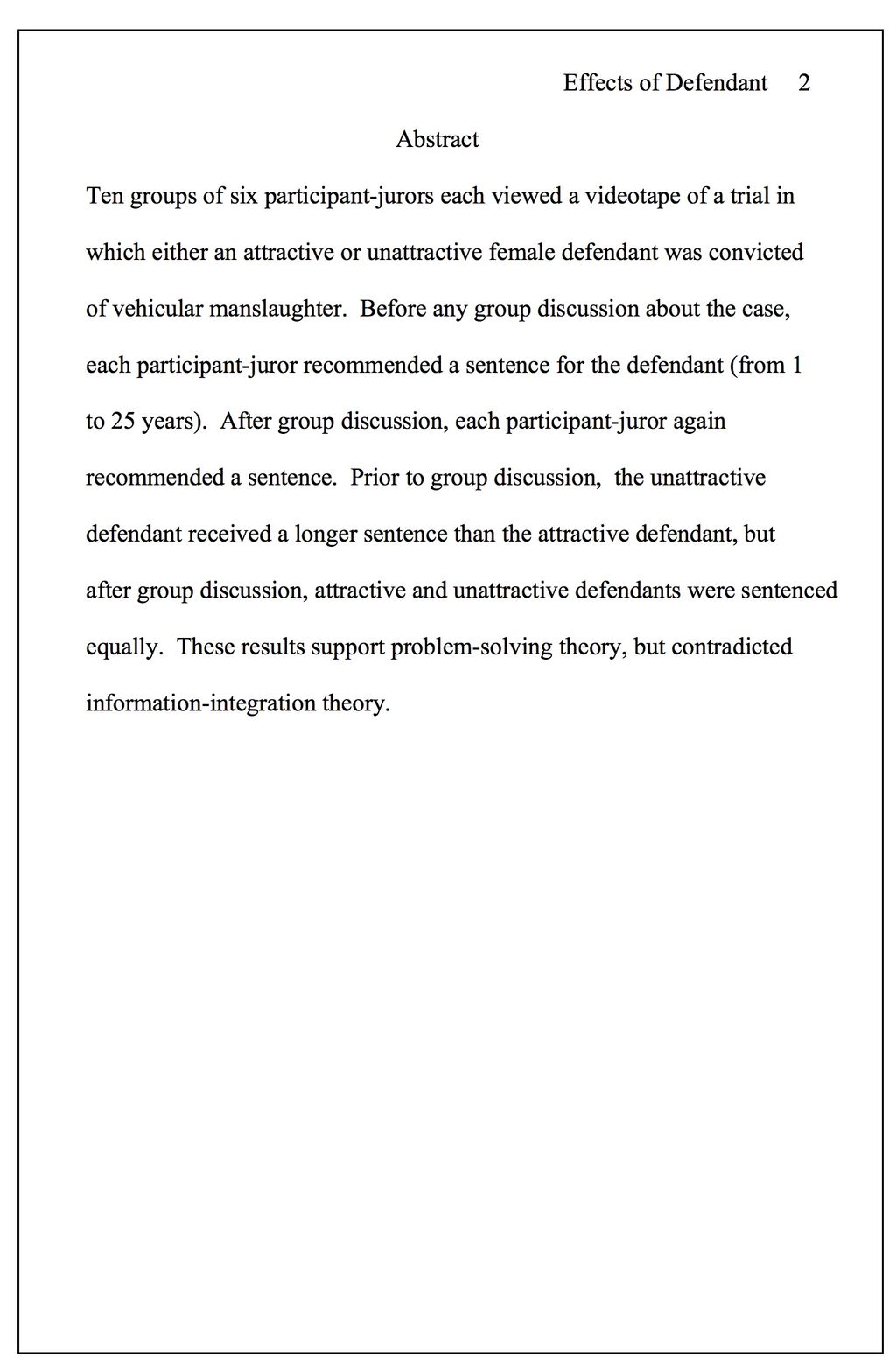Setting realistic but concrete goals—SMART goals—for our work allows each one of us to shape, manifest, measure, and reflect on our professional development and to do so in ways that are commensurate with our experience as peer writing tutors. A SMART goal is one that is Specific, Measurable, Attainable, Relevant, and Time-bound.

Each quarter, your goal will have 3 required elements:
🧾 Requirements & Prompt
Setting SMART goals and documenting and reflecting on them makes the Writing Center as a whole better and more effective, given that, in study after study of goal setting within organizations, “the mean performance level of groups that set goals is almost one standard deviation higher than that of groups that do not set goals” (O’Leary-Kelly, Martocchio, & Frink, 1994, p. 1295).
We want you to set a goal that is meaningful to you and relevant to your work in the Writing Center. You can consider crafting a goal about your tutoring—possibly even connecting it to our quarterly theme—or about Writing Center Operations or Teams. You can also design a goal focused on your own writing or professional pursuits as long as it also connects to your work in some way.
The goal you set each quarter should give you work to do during unscheduled time in your shifts and may require you to proactively block off time to focus on accomplishing your goal.
Goals About Your Tutoring
A goal may relate to any aspect of your work at the writing center, including but not limited to tutoring strategies, writing knowledge, or any role you fulfill. Consider how you wish to grow in your work as a tutor as well as how the work you do can support you in your academic and/or professional pursuits. You may collaborate with another tutor on your goal if you wish.
Goals Connected to Quarterly Themes
You are also invited to reflect on the quarterly themes and develop a goal centered on how you want to engage in the theme related to your work in the Writing Center. For instance, the Autumn Quarter 2025 theme is agency; consider crafting a goal that allows you to enact your agency as a tutor, e.g. drafting a script for appointments with writers using the Writing Center for the first time so that you can communicate with them effectively and confidently fulfill you role as a tutor guiding the writer in the appointment.
25-26 Quarterly Themes
- 🍂 AQ25: Agency
- relates to concepts of belonging, trust, community, and self-assuredness
- ☃️ WQ26: Risk-taking
- relates to concepts of adventure, innovation, and creativity
- 🪴 SQ26: Authenticity
- relates to concepts of self-awareness, personality expression, and ethos
Goals About Operations or Teams
If your intended goal relates to a specific Writing Center program, project, or team, you must seek approval from the relevant administrator, coordinator, and/or student manager(s)/leader(s) to ensure feasibility and availability of support for your goal before you submit your goal to your assigned admin. If you’re unsure who to contact, ask your assigned admin for guidance.
Consider the following examples:
- If you want to set a goal to develop a new protocol for receptionists, you must first discuss the idea with Katie Brown, Associate Director for Operations Management, and the Operations Student Managers as they make up the operations team who oversees reception.
- If you want to set a goal to create promotional TikToks for the Writing Center, you must first discuss the idea with the current Social Media Student Leader and Jen Finstrom, Outreach & Marketing Coordinator, as they manage Writing Center marketing, including social media.
Goals About Your Writing or Professional Interests
You are invited to focus your goal on your own writing, academic pursuits, or professional interests. For example, you might want to commit to developing a writing timeline for your thesis, to revising your poetry chapbook, or to drafting your personal statement for graduate school applications. These are meaningful personal goals. To make them relevant to your Writing Center work, here are some options: schedule 1 or more appointments for feedback on your writing, bring your draft to a relevant writing group meeting, or in a future quarter, create a resource for tutors or writers about the type of writing you’re doing.
🗯️ Goal Statement
Make sure each goal is SMART: Specific, Measurable, Attainable, Relevant, and Time-bound. It is understandable that you may want to set a goal like “I want to learn more about APA Style,” but that would not be a SMART goal. Though it is surely relevant to your work, it is hard to measure (what is “more” exactly?) and is not time-bound.
A SMART version of this goal might be to propose a specific, measurable and time-bound task that will result in you achieving the spirit of your initial well-intentioned but amorphous goal: “By the end of Week 7 of Spring Quarter, I will write a blog post for UCWbLing about guidelines for paraphrasing versus using direct quotes in APA Style.”
Keep in mind that the time-bound aspect of your goal is influenced by the Professional Development Quarterly Timeline. Typically, this means you should plan to complete your goal by or before Week 8 of the quarter so that your completed goal and corresponding reflection can be fully included in your ePortfolio, which is due by the end of Week 8 each quarter.
Sample 1st Quarter Goals
To help identify manageable goals, particularly for new tutors during your first quarter of employment at the Writing Center, consider the following:
- By the end of Week 6, I will share a tutoring tip with the staff by sharing a link in the #resource Slack channel.
- By the end of Week 7, I will revise a draft of my appointment letter template. I will create a draft by the end of Week 6 then have a face to face appointment with a returning tutor in Week 7 to review my draft and then revise it.
- I will present to my class about the Writing Center by Week 8 of Autumn Quarter.
- By the end of the Week 7, I will schedule a writing center appointment to work on my own writing.
- By the start of Week 8, I will learn about Chicago style by using it in a research paper for my history course.
- I will learn 3 strategies for revising sentence structure to apply to my tutoring by the end of Week 8.
Sample Multi-Quarter Goal
While you set a SMART goal for each quarter you work at the Writing Center, you are welcome to establish a broader goal that may require multiple quarters to ultimately complete as long as you identify what specific element(s) of the longer-term goal you will focus on in a given quarter.
For example, perhaps you are interested in publishing a two-part blog post with another tutor focused on tutoring strategies to enact linguistic justice across appointment types. This goal could be more productively managed over more than a single quarter, so setting a longer term goal with specific quarterly sub-goals would be useful, e.g.:
- Overall Goal: By the end of the academic year, I will collaborate with tutor Pat H. to publish a two-part blog post to discuss strategies for enacting linguistic justice in both synchronous and asynchronous appointments.
- AQ Goal: By the end of Week 8, Pat and I will meet at least 3 times to brainstorm ideas for our blog posts and will have at least one appointment at the Writing Center to discuss our ideas with another tutor.
- WQ Goal: By the start of Week 5, I will compose a draft of the blog post focused on enacting linguistic justice strategies in face-to-face and online realtime appointments. By the end of Week 7, I will have at least one written feedback appointment on my draft.
- SQ Goal: By the end of Week 7, Pat and I will 1) revise our respective drafts; 2) review one another’s drafts a final time; and 3) submit our blog posts to UCWbLing.
🏆 Artifact(s)
For each goal, you will include 1 (or more) artifacts as evidence of that goal’s completion and/or your progress toward completion. Artifacts can represent any experience, project, or process that relates to your goal.
Tip! As a caption in the Artifact section, include a brief description of the artifact. The Digication template includes space for you to do this, so be sure to update it with relevant text.
🪞 Reflection
(~250 words per goal)
Consider which of the following questions are most applicable to you and use them as a starting point for your reflection.
- Why did you create this goal?
- What assumptions did you have heading in? How were those assumptions affirmed or challenged?
- What did you learn about the topic of your goal?
- What did you learn about yourself through this process?
- What went well and why?
- What challenges did you face and why?
- Did you complete your goal? Why or why not?
- What transferable lesson(s) about the process do you plan to apply going forward?
Sample Artifacts & Reflection
“In this blog post I wrote for UCWbLing, I gave advice to tutors on what to look for when working with a writer on APA. Until I wrote this blog post, I did not realize that there are actually reasons behind many of the practices—they aren’t just arbitrary rules. For example, APA says to use past tense to talk about prior research because they want to mark it in a particular point in time, which is also why they include years in their in-text citations. It was also the first time that I ever grabbed the APA Publication Manual off the shelves near the reception desk, and I was amazed at how much information was in it. While researching this post, I came across the APA Style Blog, which has so many clear and detailed answers to questions about how to use APA style.”


“I was actually happy Winter Quarter to see that I was going to have to write my first APA paper in a psychology class I was taking. This worked out perfectly with my goal to develop APA expertise because I again had to work closely with the Publication Manual and other APA resources as I wrote my paper. While I still don’t have all the rules memorized, I feel so much better about being able to point writers to different APA resources to help answer their questions. For example, I think outside of using the Publication Manual itself, and have found many other online resources to share with writers.”
❓ FAQ
What happens if I don’t achieve my goal?
If you commit to the goal-setting process and work to complete a given goal but do not complete it, you can either a.) work with your assigned administrator to substitute a different goal based on your work at the Writing Center or b.) document and reflect on the ultimately unsuccessful process. If you choose the latter, describe why your goal was incomplete and reflect on what lessons you might apply to future goal setting. In such cases, your artifact may be incomplete or document efforts you made towards the goal or you may not have an artifact. Good faith attempts to meet each SMART goal will count as meeting the requirement and—handled earnestly and honestly—may represent learning you can apply going forward in your work at the Writing Center and beyond.
